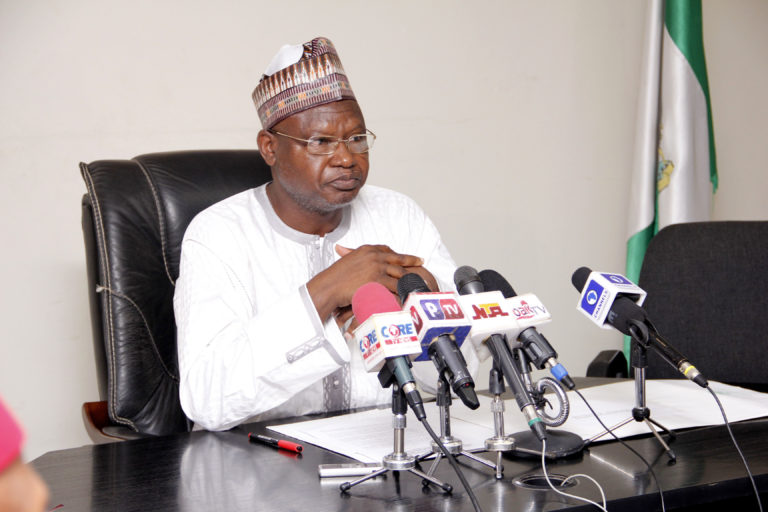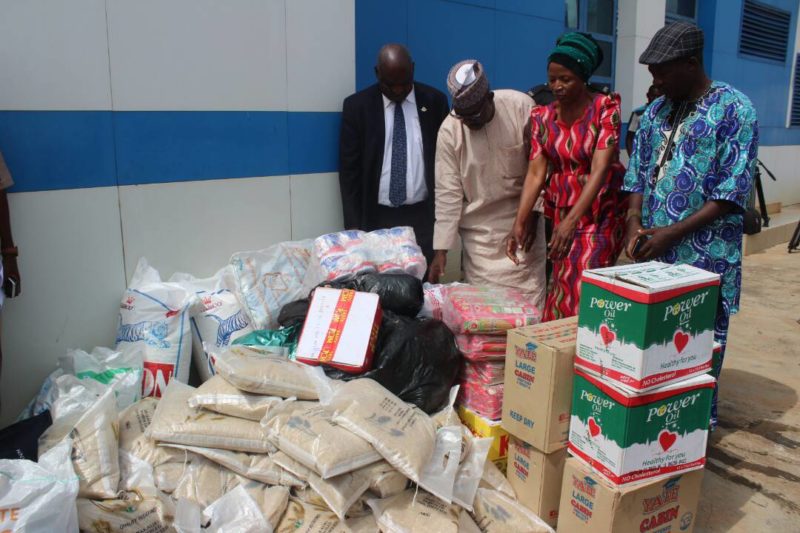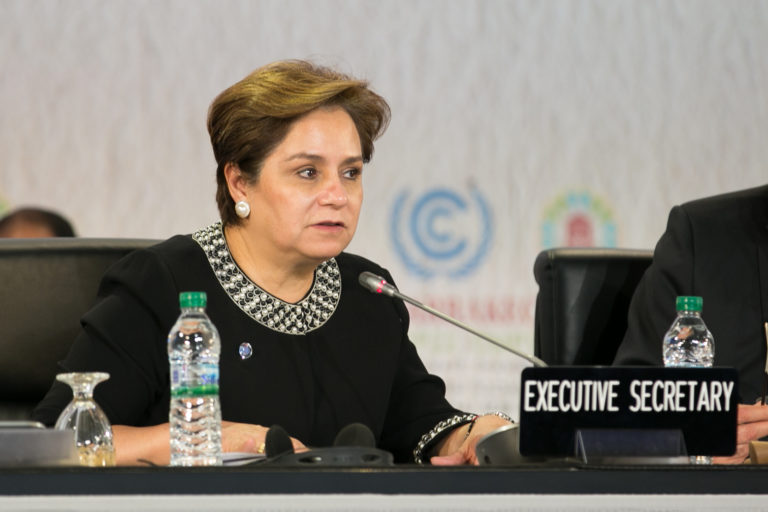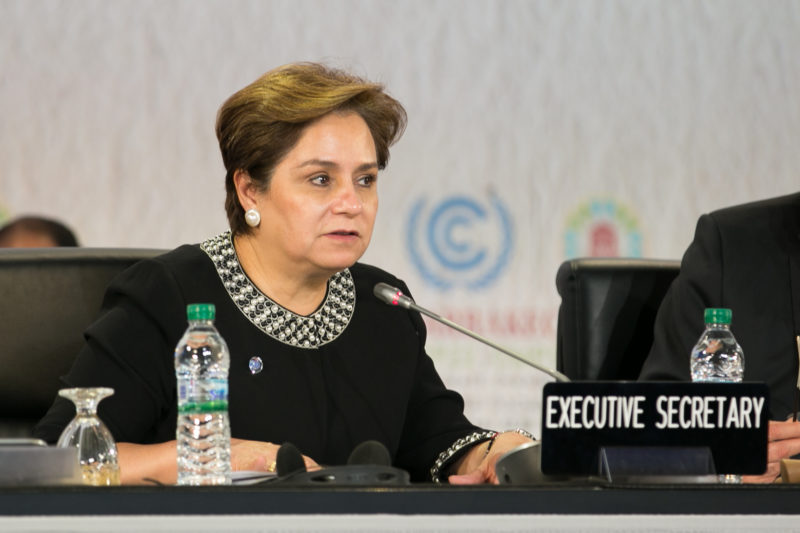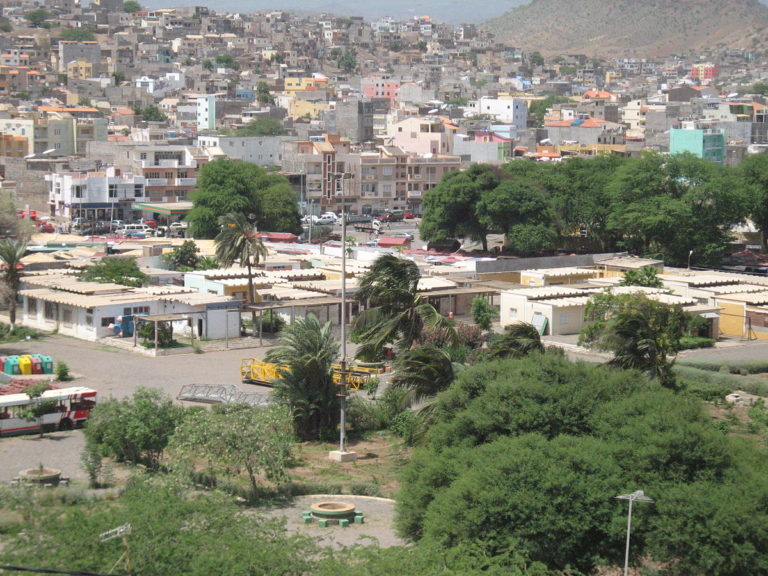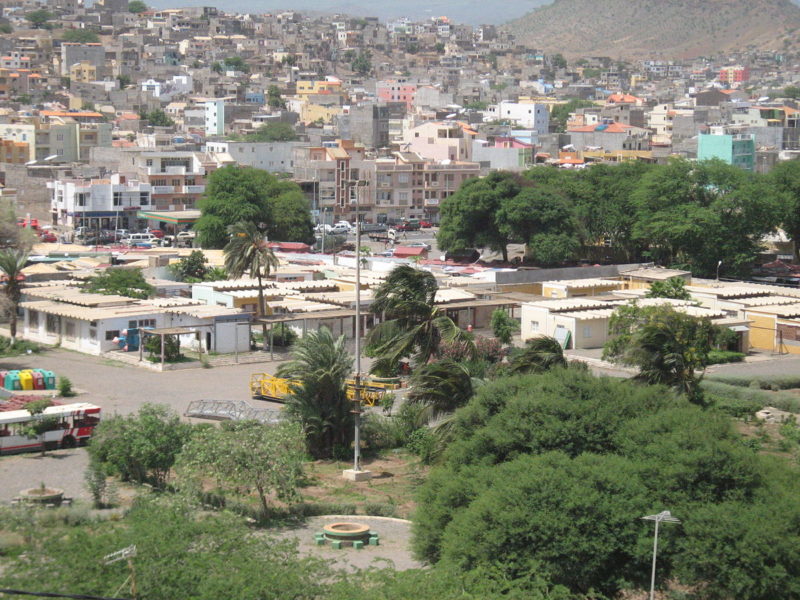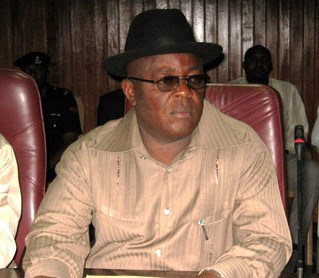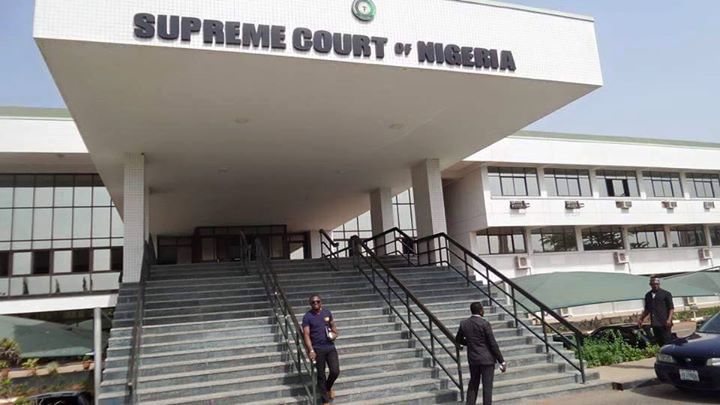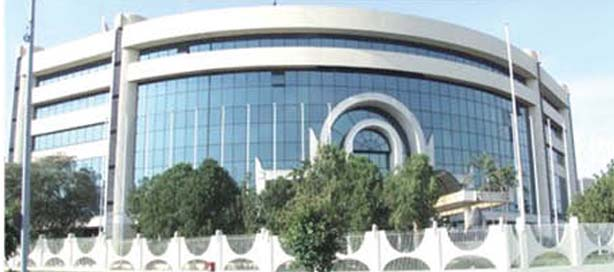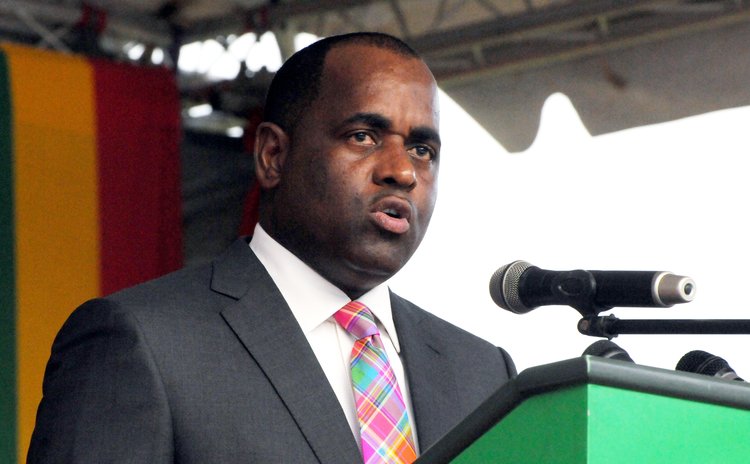Arising from the challenges occasioned by the recent economic recession experienced in the country, government is seeking to diversify the economy by unlocking the opportunities in the environment sector. The economic downturn has been attributed to the nation’s reliance on oil as its single foreign exchange earner.
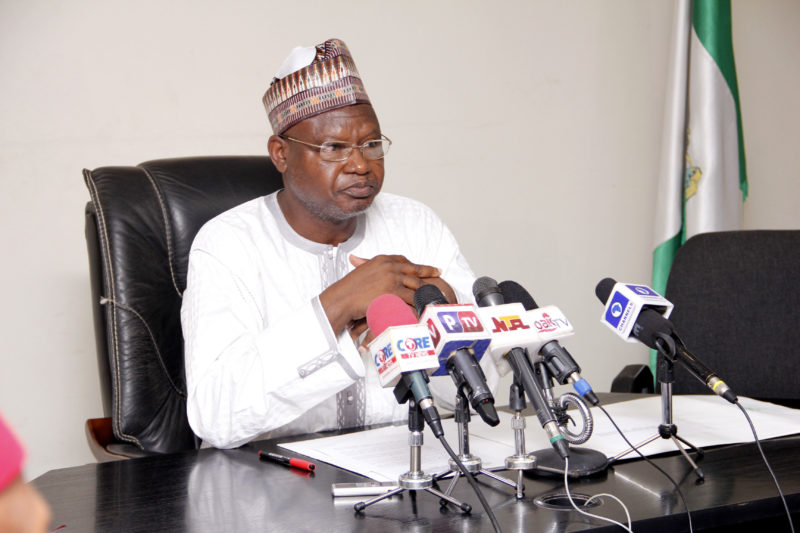
This year’s edition – and the 11th in the series – of the National Council for Environment will address the issue, in the light of government’s policy thrust. The forum is themed: “Unlocking the Investment opportunities in the Environment sector towards Nigeria’s Economic Recovery, Diversification Growth and Sustainable Development”.
Environment Minister of State, Ibrahim Usman Jibril, who made the submission in Abuja on Friday, October 13, 2017 at a media briefing, said: “Globally, the green economy has become a veritable tool for economic growth and diversification in countries that are not even as endowed with natural resources as ours. It has become a fulcrum of national economic advancement as it cuts across every aspects of a nation’s economy. Our challenge at this point is how to harness and leverage on the huge opportunities in the environment sector.
“With proper harnessing and leveraging on our natural resources, the root of our economic recovery will be faster when we consciously support the green economy by investing in the environment sector to increase other sources of revenue in the Nigeria economy. These opportunities include repositioning of the National Agency for Great Green Wall (GGW), Environment Sound of Chemicals Management, Watershed Management, Renewable Energy, Eco-Tourism, Green Bond, Afforestation/Reforestation, Implementation of the UNEP Report and the Hydrocarbon Pollution Remediation Project.
The minister noted that, since his assumption in office, government has vigorously pursued and sensitised the Nigerian citizens towards going green and achieving toxic-free environment.
“It is my sincere wish that, after this National Council meeting, the decisions reached will be such that is capable of re-engineering the sector to expand the frontiers to meaningfully contribute to a speedy economic recovery,” stated, adding:
“In spite of the challenging times, this government has demonstrated complete political will and commitment in the cause of reviving the ‘Nigerian Project’ by dealing with immediate issues of improving security, tracking corruption, and revitalising the national economy. It is in the light of this that government recently launched the Economic Recovery and Growth Plan (ERGP), 2017-2020 economic blue print.
“Pursuant to the ERGP’s policy objectives on the Environment Sector, our deliberations during the council meeting would be guided by our present challenges, aspirations and the policy direction and focus encapsulated in the Economic Recovery and Growth Plan (ERGP), which defines and determines the new narrative and vision of the present administration for the sector. To this end, I urge our distinguished delegates to the meeting to be objective when considering the merits and demerits of submitted Council Memoranda by applying the stated criteria especially as they relate to the ERGP set targets.”
The 11th National Council on Environment (NCE) holds from Monday, October 16 to Wednesday, October 18, 2017 in Abeokuta, Ogun State.

